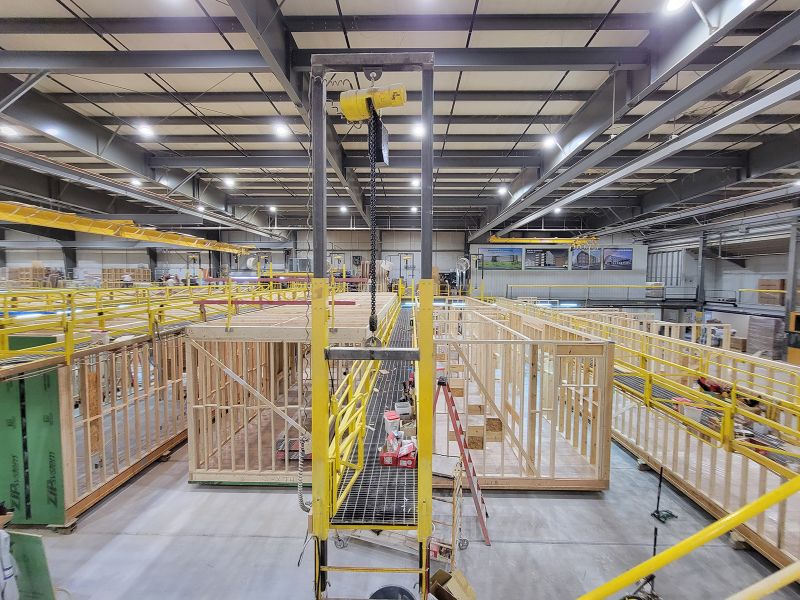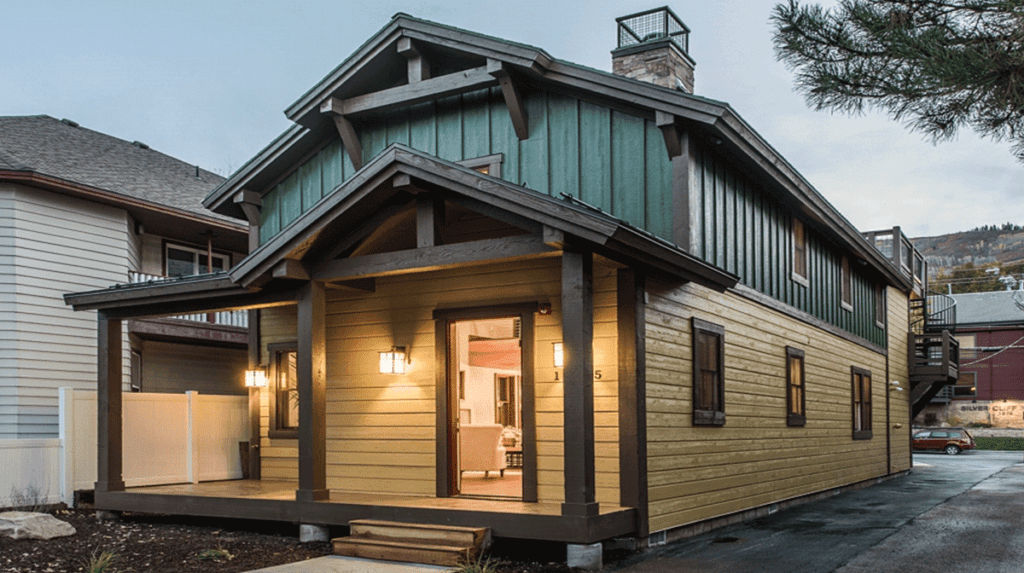Modular housing sector finds itself at a curious crossroads. While the technology, efficiency, and sustainability of modular construction have matured, many of the next generation of home builders—the very people poised to lead the industry into the future—are still reluctant to embrace it. And that reluctance isn’t simply a matter of taste or tradition. It’s a product of perception, access, and structure.

.
The Disconnect Between Innovation and Adoption
Young builders are entering the industry in a world where 3D home printing, robotic layout systems, and AI-enhanced project planning are headline news. They expect tools and methods that are tech-forward, data-driven, and customizable. Modular construction, despite being decades ahead of traditional stick-built methods in some respects, still suffers from an outdated image. For many young entrepreneurs, “modular” conjures visions of cookie-cutter ranch homes, strict limitations on customization, and a network of entrenched factory players slow to adapt to modern branding or builder collaboration.
There’s also the challenge of access. While it’s theoretically possible for any builder to purchase modules from a factory, the reality is more complex. Many factories require high volume commitments or prefer to work with their own internal sales teams or long-standing builder partners. For a younger builder with limited capital or a small number of custom clients, the barrier to entry can feel insurmountable.
Risk and Control: The Builder’s Dilemma
Younger builders tend to be more entrepreneurial. They often work closely with clients and rely heavily on word-of-mouth and reputation. With modular, they fear losing control over schedules, finishes, and even customer satisfaction due to potential delays or inflexibility at the factory level. The traditional model of modular manufacturing has often left builders feeling like passive participants rather than empowered partners.
Without clear, consistent communication and a system that allows customization within reason, modular construction can feel risky for new builders trying to make their mark in a competitive housing market.

.
Enter Impresa Modular Franchising
Recognizing these roadblocks, Impresa Modular Franchising is pioneering a new path. Founded by Ken Semler, a longtime advocate for modular construction and Chair of the NAHB’s Building Systems Council, Impresa’s franchise model addresses the core issues keeping younger builders away.

Ken Semler, founder of Impresa Modular
Franchisees gain access to a proven system for designing, selling, and delivering custom modular homes—without having to own or operate a factory themselves. This opens the door for builders who may not have deep pockets but have strong local networks and a passion for construction. Through Impresa’s integrated design platform, franchisees can offer clients a range of customizable modular plans, bridging the gap between client expectations and factory capabilities.

.
More importantly, the franchise model mentors rather than just supplies. Builders get business coaching, marketing support, lead generation tools, and access to vetted factory partners. This infrastructure removes much of the fear and guesswork younger builders associate with modular. Instead of starting from scratch, they’re joining a system designed to help them scale while still building quality homes that reflect their brand and values.
.
Changing the Narrative
Impresa Modular Franchising is actively reframing modular as a builder-empowering tool, not a limitation. In doing so, they are helping young professionals in the housing industry see that modular can be every bit as flexible, creative, and rewarding as traditional construction—with added benefits in speed, sustainability, and scalability.
For the modular industry to thrive, it needs more than better tech—it needs better storytellers, better access, and better alignment with the aspirations of the next generation. That’s what Impresa is offering: not just a business model, but a movement. One that may finally convince young builders that modular isn’t the past—it’s the future.
.
Gary Fleisher, The Modcoach, writes about the modular and offsite construction industry at Modular Home Source.
.
CLICK HERE to read the latest edition
Contact Gary Fleisher












